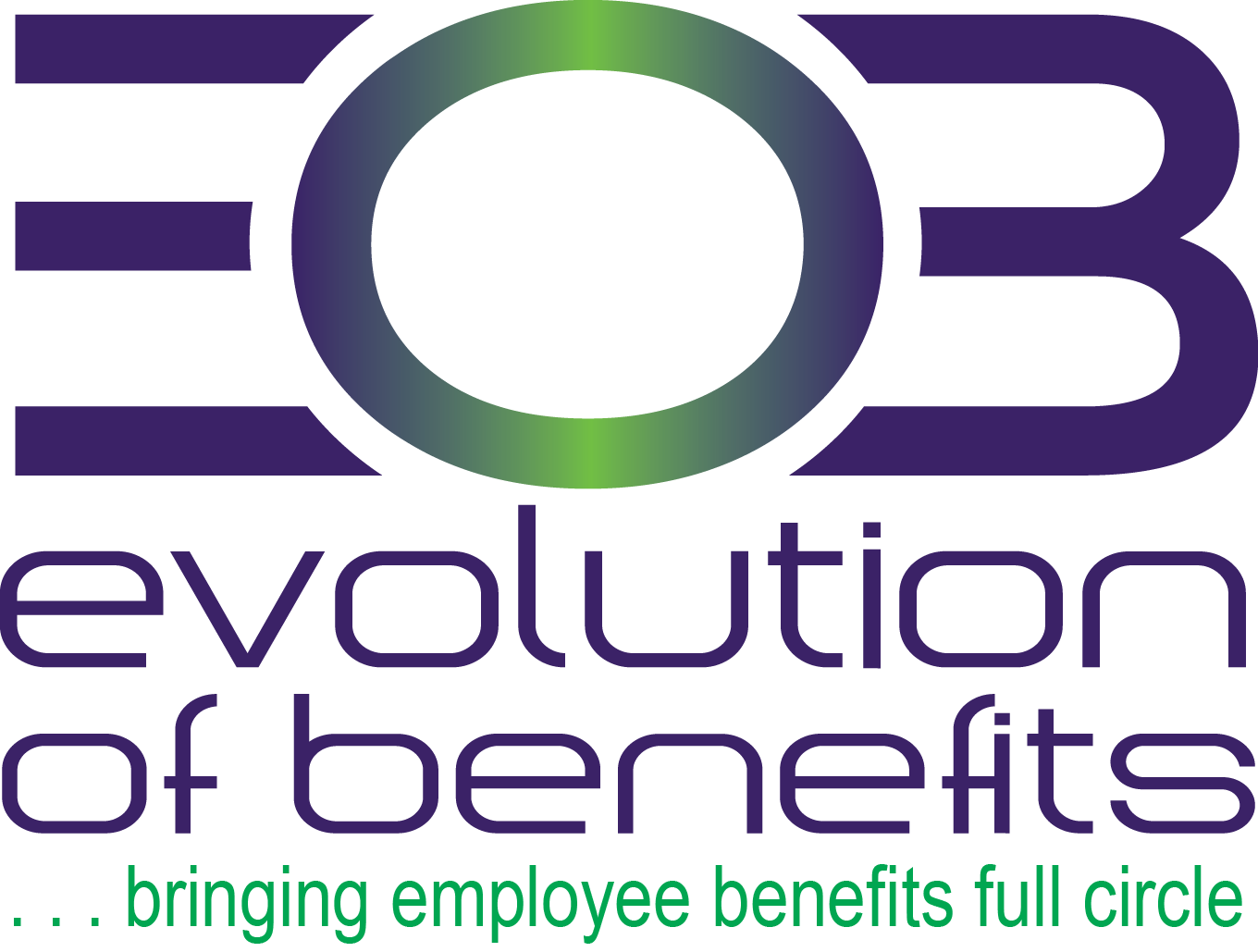Topics include
Top 10 Workplace Discrimination Claims
In the 2020 fiscal year, the Equal Employment Opportunity Commission (EEOC) resolved more than 70,804 charges of workplace discrimination. Discrimination lawsuits can be very time-consuming and expensive for employers, and can result in a loss of employee morale or reputation within the community.
Top Causes of Discrimination
According to the EEOC, the following are the top 10 reasons for workplace discrimination claims in fiscal year 2020:
• Retaliation—37,632 (55.8% of all charges filed)
• Disability—24,324 (36.1%)
• Race—22,064 (32.7%)
• Sex—21,398 (31.7%)
• Age—14,183 (21.0%)
• National Origin—6,377 (9.5%)
• Color—3,562 (5.3%)
• Religion—2,404 (3.6%)
• Equal Pay Act—980 (1.5%)
• Genetic Information—440 (0.7%)
These percentages add up to more than 100% because some lawsuits were filed alleging multiple reasons for discrimination.
Steps for Employers
Employers should consider the following steps to protect themselves from retaliation and other discrimination claims:
• Audit their practices to uncover any problematic situations.
• Create a clear anti-retaliation policy that includes specific examples of what management can and cannot do when disciplining or terminating employees.
• Provide training to management and employees on anti-retaliation and other discrimination policies.
• Implement a user-friendly internal complaint procedure for employees.
• Uphold a standard of workplace civility, which can reduce retaliatory behaviors.
For more information and for tips on how to protect your business, contact Evolution of Benefits today.
Preparing HR for Future Health Crises
The COVID-19 pandemic was a wake-up call for HR departments in 2020. Suddenly, employees were looking to HR teams for guidance in areas not typically considered their responsibility.
This article outlines four ways HR teams can prepare for future public health crises. Employers can use this information to help cope with the current COVID-19 pandemic fallout and beyond.





